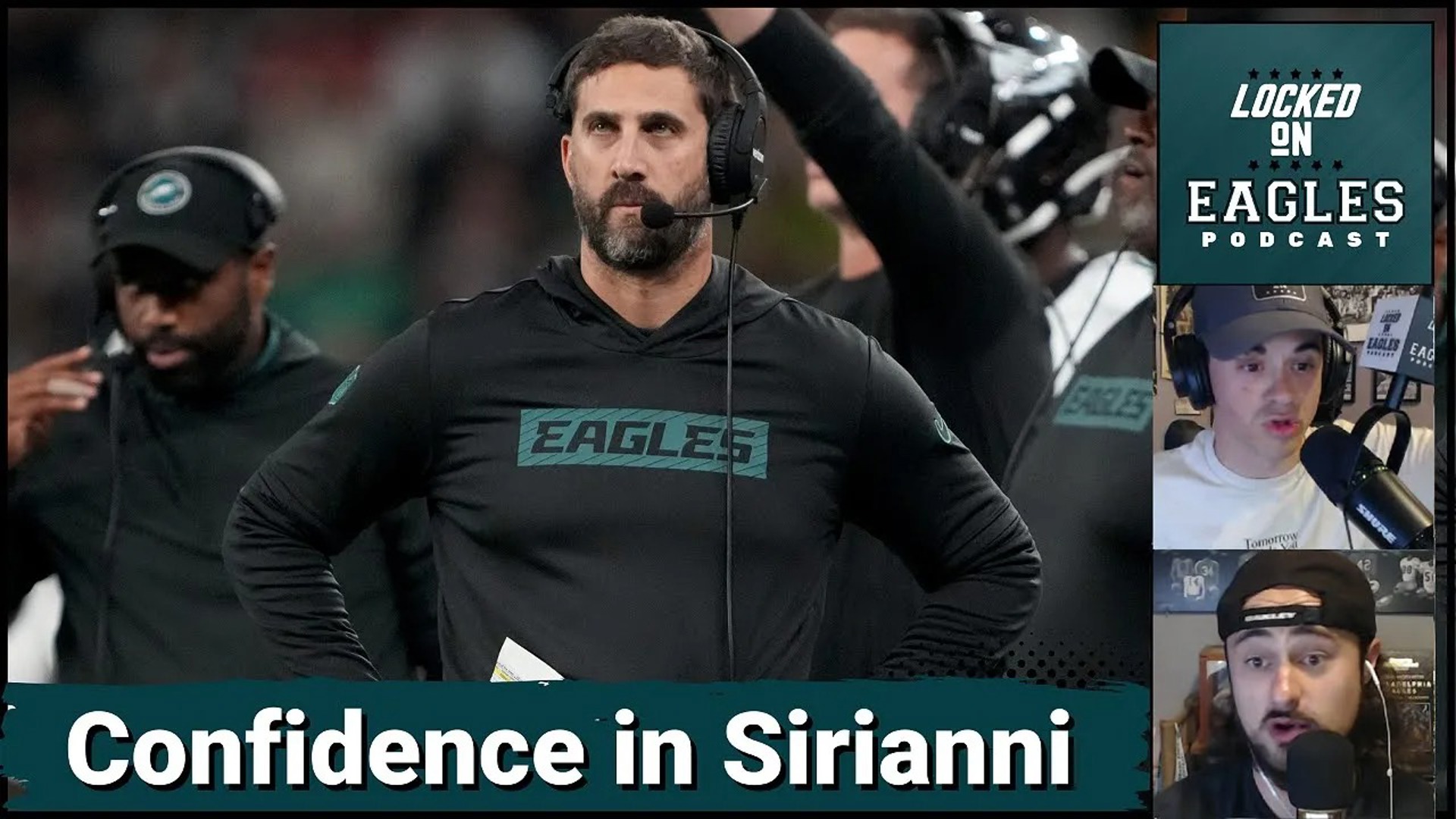PITTSBURGH — The NFL Players Association would like to have more consistency in what kind of turf its members play on, be it at home or overseas.
NFLPA executive director Lloyd Howell Jr. said Wednesday that moving forward it plans to be “assertive” when it comes to having input on field conditions, particularly as the NFL's international calendar expands.
The Philadelphia Eagles and Green Bay Packers spent a fair amount of their opener in Sao Paulo, Brazil, last Friday struggling to find their footing inside NeoQuimica Arena, which normally serves as the home for a soccer team in Brazil's top league.
Eagles running back Saquon Barkley slipped while trying to take a handoff on Philadelphia's first series, and things didn't get much better from there for either team even after players switched to cleats that provided better traction.
Howell said the NFLPA and the league worked together to get the field in shape but added, “different country, different types of grass, different climate. You saw what you saw.”
Howell thinks the NFLPA and the NFL need to be “more definitive” about what it needs to create a safe playing surface before it begins talks with owners of prospective international venues. NFL Commissioner Roger Goodell has been public about the hope of the league increasing the number of international contests it plays to as many as 16 in a season.
“If you’re dealing with FIFA (international soccer's governing body), there's really not much of a negotiation when it comes to the surface that a soccer player is going to play on,” he said. “I think as our game expands, we’ll be equally assertive about ‘These are the requirements in order to have our game played overseas.’”
The NFLPA has similar concerns about games played domestically. Howell said over 90% of players prefer natural grass.
“I think the league is awakened to the fact that we need to have more consistency, whether it’s synthetic or grass,” he said.
The NFLPA is also planning to talk to the league in the late fall or early winter about a proposed change to the offseason schedule. The Players Association would like a longer break between the end of one season and the start of another, pushing back the organized team activities and minicamps to early summer, when it would serve as a build-up to training camp.
The current model has teams having OTAs and minicamps in May and early June followed by a five- to six-week break before reporting to camp.
“It's a fact that a steady buildup into the season without any interruption reduces the injury rate,” Howell said. “We’re talking about lower extremity and soft tissue (injuries). So if you look at the current injury rate, it actually spikes in the first three weeks for a variety of reasons but one of them being you’re not having a consistent buildup into the preseason.”
Howell stressed the offseason model proposal is separate from any talks about the league expanding to 18 games, which seems inevitable. Regardless of when — or if — the schedule grows from 17 to 18, Howell said players deserve a second bye week. The league experimented with two byes during the 1993 season but quickly abandoned it.
“It’s a long season,” Howell said. “The wear and tear on the body ... everyone’s pretty much hurt and banged up. So to have a second bye week, even now, at 17 is what a lot of the guys want.”

